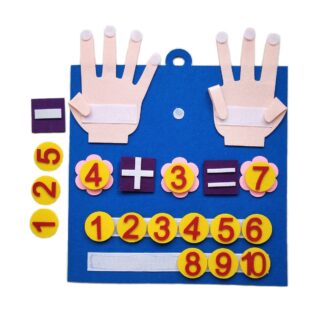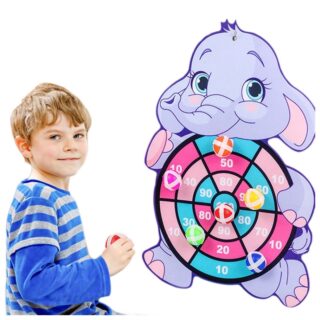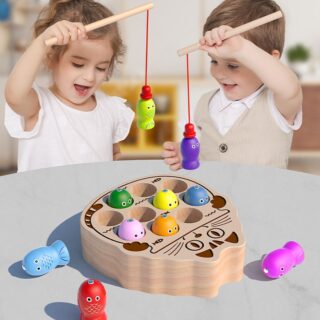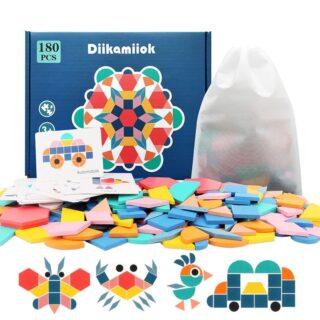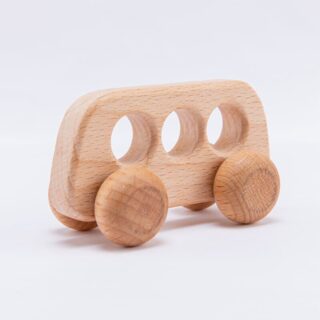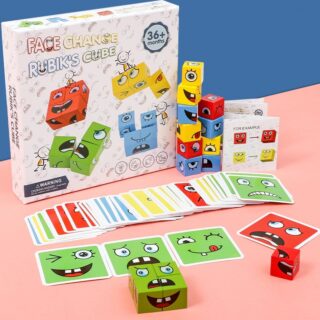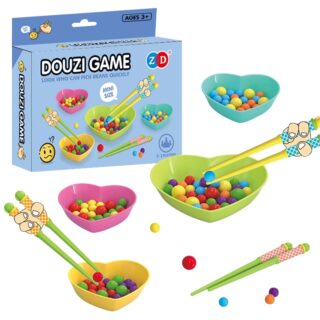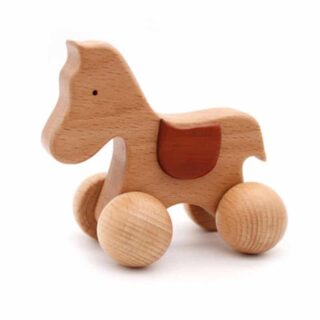-
16,40 $ Select options This product has multiple variants. The options may be chosen on the product page
-
Montessori games, Children's games
20,80 $ Select options This product has multiple variants. The options may be chosen on the product page -
16,40 $ – 21,90 $ Select options This product has multiple variants. The options may be chosen on the product page
-
Montessori games, Children's games
36,20 $ Select options This product has multiple variants. The options may be chosen on the product page -
Montessori games, Children's games
38,40 $ – 43,90 $ Select options This product has multiple variants. The options may be chosen on the product page -
Montessori games, Children's games
16,40 $ Select options This product has multiple variants. The options may be chosen on the product page
Montessori games collection
Montessori games are a great way to stimulate children’s cognitive development. These games can help children develop cognitive skills such as memory, attention and problem-solving. They can also help children develop their ability to think critically and make decisions.
Toys include puzzles, stacking shapes, natural wood toys and counting and measuring tools. They are designed to help children learn in a playful and intuitive way.
Montessori games are based on the educational method created by Maria Montessori and focus on developing children’s sensory skills, fine motor skills and logical thinking.
How to develop your children’s cognitive skills with Montessori games
Montessori games are designed to stimulate children’s senses. As such, games can include bright colors, interesting textures and varied sounds. Games can also incorporate familiar objects, such as animals, fruits and vegetables. By playing with these objects, children learn to recognize and differentiate colors, shapes and sounds.
Montessori games can also help children develop their intellectual problem-solving skills. Games can include activities that require choices and decisions, such as sorting objects by color or size. Games can also include activities that encourage children to find creative solutions to problems.
Montessori games and world building
Montessori games are a learning method that helps children develop theircognitive and motor skills. The method was created by Maria Montessori, an Italian pediatrician, and is based on the theory that children learn best by interacting with their environment.
Montessori games for children are designed to encourage youngsters to explore the world around them and develop their problem-solving skills. Montessori games can be used to help children learn to read, write, count and perform manual tasks. They can also be used to help children develop their social skills and build their self-confidence.
Montessori games can include activities such as manipulating parts, sorting and classifying, counting, matching and building. Games can also include activities such as playing with balls, cubes, cards and puzzles. Montessori games can thus be highly beneficial to the development of young children, as they enable them to develop their cognitive and motor skills, through play and fun.
How to choose the best Montessori game for your child
Montessori games are a great way to help children learn and develop their skills. These games can help youngsters develop their coordination, concentration through pedagogy. However, it’s important to choose the right game for your child so they can get the most out of it.
Here are a few tips to help you choose the best Montessori game for your child. First of all, you need to consider your child’s age. Montessori games are generally suitable for children aged 3 to 12. Some games are even suitable for older children. So it’s important to choose a game that suits your child’s age.
Next, you need to consider the type of game you want to buy. Montessori games come in many different forms, including board games, card games and role-playing games. You’ll need to choose a game that matches your child’s personality and interests. Finally, you also need to make sure the game is safe and suitable for your child.
Why your child needs to have fun to learn new skills
Fun is essential for children to learn new skills. Fun games and activities stimulate their curiosity and enable them to develop their cognitive abilities, fine motor skills and creativity.
For example, the shape box and toys that encourage hand manipulation are perfect for awakening babies and toddlers. They can explore different textures and learn to manipulate different objects. Assembling games, puzzles and building blocks also encourage the development of logical and critical thinking skills.
In addition, fun games and activities encourage children to interact with others and share their ideas. Finally, they offer children a way to let off steam and relax after a long day of learning.
How can I get my child to learn math through play?
It’s important to make learning math fun and stimulating for your child.
Play can be a great way, a very good approach, to teach your child math. Here are a few ideas to help you do just that:
1. Use board games to learn math. Board games such as Monopoly, Yahtzee and Scrabble are perfect for teaching your child skills such as accounting, problem-solving and decision-making.
2. Use computer games or mobile apps. There are many computer games and mobile apps that can help your child learn math. Some games are designed specifically to teach math, while others are more general and can help improve your child’s math skills. But limit your child’s exposure to the screen
3. Play games at home. You can also invent games at home to help your child learn mathematics from an early age. For example, you can play mathematical guessing games or numerical matching games.
